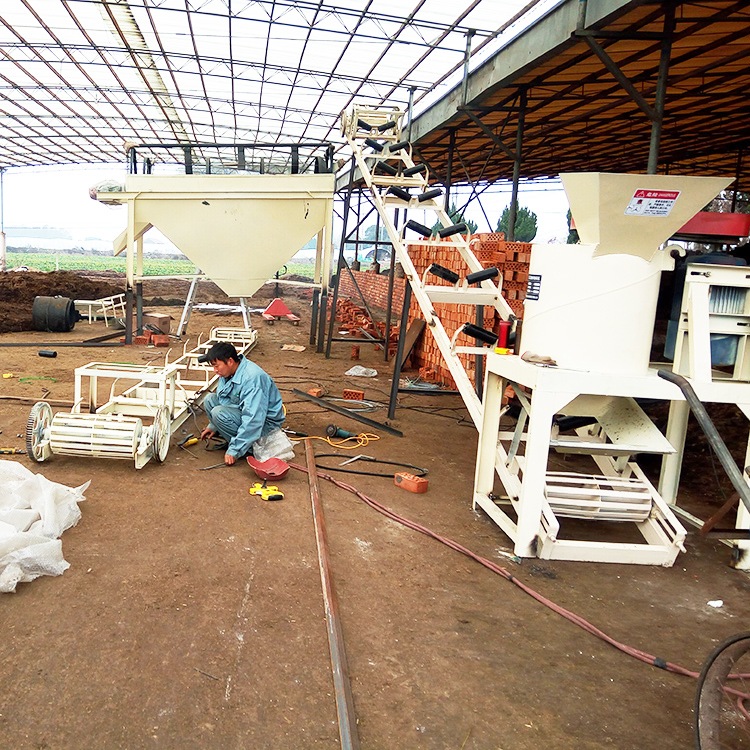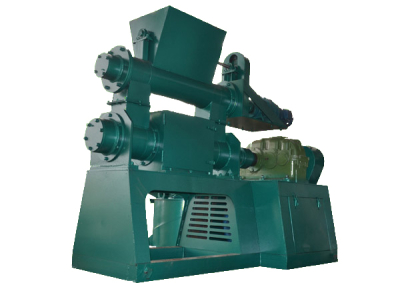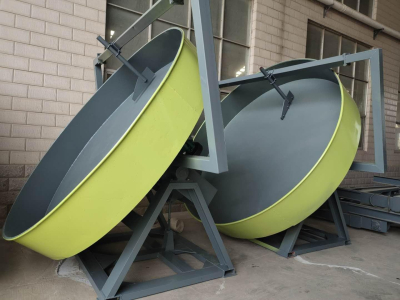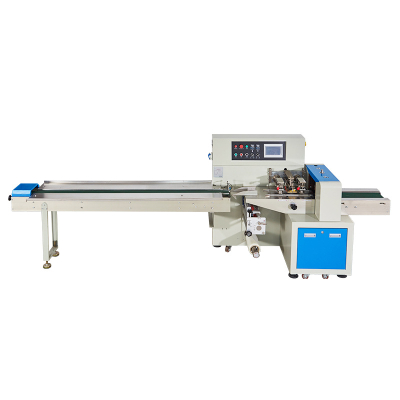The main classification of raw materials for organic fertilizer production line
Manure, animal and plant residues (including weathered coal), sludge, domestic refuse. In general, the market price of sludge fertilizer and domestic waste fertilizer is the same. At present, the state is also restricting the use of these two raw materials, and reviewing the application of fertilizer registration certificate, and prohibiting sludge fertilizer, while manure fertilizer and plant residue fertilizer are more favored by investors.
Small-scale, semi-productive organic fertilizer manufacturers that are filled with no raw materials account for more than half of the organic fertilizer manufacturers in the system. First, the fermentation and deodorization process of their organic fertilizers is not sound enough technical support, they equate the production of commercial organic fertilizers with farmers' homemade farm fertilizers (technical indicators often fail to meet industry standards), and only make simple pile retting. Some even simple mixing of several raw materials, the undecomposed or not completely decomposed organic fertilizer sold to farmers, there is no necessary production equipment, there is no detection, the production technology is extremely low.
In the current organic fertilizer standards, the definition of organic fertilizer involves the word fermentation and maturation, but there is no identification standard for maturation in the entire organic fertilizer standard, which is based on the subjective determination of enterprises, leaving a vacuum. For example, fresh chicken manure is dried and sold to farmers, as long as the documents are complete and it is also qualified according to organic fertilizer standards, but it is easy to cause problems with it. Decomposition is the most important part of organic fertilizer production, which involves a series of production processes and fermentation strains.
There will also be some problems such as reduced production and burning seedlings, which puts a big question mark on whether farmers are worth continuing to use organic fertilizers. There are also many fertilizer companies that indicate that organic fertilizer can be sprinkled with topdressing, but topdressing does not cover soil, and can not play the role of fertilizer. Some organic fertilizers can be used in the field, but also heat and even stink, some cause a variety of harmful organisms, some directly lead to crop wilting and death, some lead to leaf yellowing, and some just open the fertilizer bag can smell the odor even before opening the bag can smell the odor in the agricultural supplies shop.
These problems directly lead to the chill of farmers. Due to the small amount of organic fertilizer and uneven quality, most of them are difficult to play their due role.





